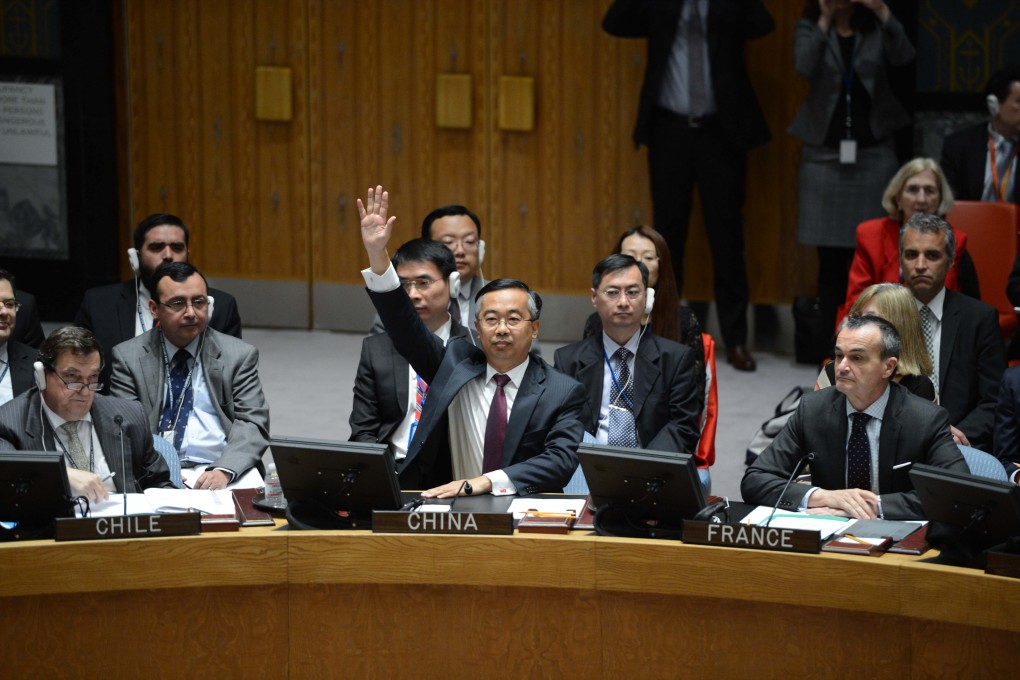Orwellian echoes in a post-UN world
Tim Collard sees the rise of power blocs led by US, China and Russia

We could be approaching the end of an era. After 1945, the United Nations was set up with the intention of making war impossible by providing the world with a universally acknowledged dispute resolution mechanism. There would be no more unilateral shifting of borders under the threat or reality of force.
The UN concept assigns equal status to all member states, from China with its nearly 1.4 billion population to Tuvalu with its 10,000.
In the 21st century, however, the system is falling apart. It has long been clear that the "equality of all nations" is illusory; no one can seriously believe Tuvalu's view is as important as China's. Now that the cold war no longer provides a simple framework for international issues, the various crises emerging around the world have become unmanageable.
We could be seeing the emergence, not of a multipolar world, but of a tripolar one
From Yugoslavia in the 1990s, through Iraq, to Libya and Syria in more recent times, it has become impossible to reach agreement in the UN Security Council on the way forward, with action (if any) taken by "coalitions of the willing", usually headed by the US without reference to UN institutions.
The result of this is a general downgrading of the UN Security Council as a means of problem-solving. This inevitably leads to major nations taking whatever action they feel necessary to protect their core interests rather than referring disputes to international arbitration. We see China attempting to create a fait accompli in the South China Sea, making it clear that its sovereignty claims may not be challenged. We see Russia readjusting its borders in southeastern Europe without reference to any international laws or forums.
In the 19th century, the US promulgated the Monroe Doctrine, essentially saying that everything that happened on the American continent, north or south, was the US' business. This doctrine has been relaxed considerably since the end of the cold war, during which the US enthusiastically supported the most ghastly regimes when it suited it. But, while the doctrine may be withering in the land of its birth, might a similar concept be enjoying a rebirth in other parts of the world?
It does not appear that China is seeking aggressive hegemony in Asia, but it is clearly staking out at least a defensive claim to "unchallengeability", particularly targeted at any sign of a Japanese renaissance.